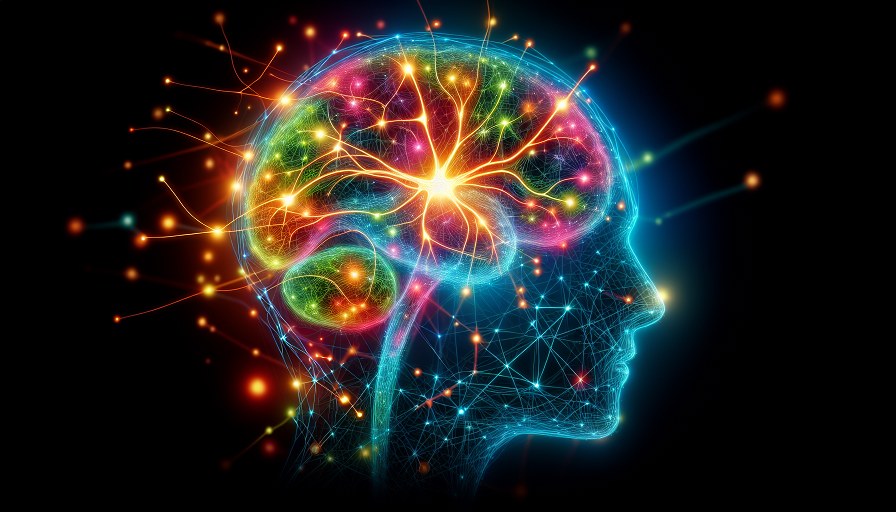
Tracing your family’s history isn’t just about discovering who your great-great-grandparents were or where your ancestors lived. It’s a fascinating puzzle that challenges your brain to connect dots, analyze patterns, and solve mysteries hidden in old records and family lore. Mapping genealogy engages your mind in ways that sharpen analytical thinking, improve problem-solving, and deepen your understanding of complex relationships.
Contents
Understanding Analytical Thinking Through Genealogy
Analytical thinking involves breaking down complex information into smaller components, identifying patterns, and making logical conclusions. Genealogy is a perfect training ground for this skill, as it requires you to sift through historical data, evaluate conflicting information, and piece together a cohesive story.
Breaking Down Family Data
Mapping genealogy starts with gathering raw data: names, dates, locations, and relationships. Analyzing this information requires categorizing and organizing it into a structured family tree. This process teaches your brain to approach large, chaotic datasets methodically.
Spotting Patterns Across Generations
Genealogy often reveals patterns, such as naming conventions or migration trends. For example, you might notice that several generations of your family lived near railroads, suggesting a connection to railway jobs. Recognizing these patterns strengthens your ability to analyze and interpret trends in any field.
Resolving Conflicting Information
Historical records often contain discrepancies—a birthdate that doesn’t align with a marriage record or conflicting accounts of a relative’s name. Solving these inconsistencies sharpens your critical thinking and teaches you to weigh evidence carefully.
Improving Problem-Solving Skills
Genealogy presents a series of puzzles, from locating missing relatives to deciphering cryptic census data. Each challenge enhances your problem-solving abilities by teaching you to think creatively and persistently.
Tracking Down Hard-to-Find Relatives
Discovering a missing ancestor often requires thinking outside the box. If a great-grandparent’s record is missing, you might need to check sibling records, community documents, or even ship manifests. This process reinforces your ability to approach problems from multiple angles.
Interpreting Historical Clues
Old records aren’t always straightforward. A census might list someone as a “boarder” rather than a family member, or a name might be misspelled. Solving these puzzles trains your brain to work with incomplete information and make logical inferences.
Learning Through Iteration
Genealogical research often involves trial and error—trying different search terms, revisiting archives, or cross-referencing sources. This iterative process mirrors problem-solving in science, business, and technology, teaching you to refine your methods as you gather new information.
Strengthening Attention to Detail
Success in genealogy depends on noticing subtle details that others might overlook. By training your brain to spot small but significant clues, you improve your focus and attention to detail.
Analyzing Historical Documents
Old records often include handwritten notes, abbreviations, or unique formatting. For instance, identifying a relative’s occupation might require deciphering an outdated job title. This careful analysis boosts your ability to focus on fine details.
Noticing Inconsistencies
Small discrepancies—like a slight variation in a name or an unexpected age gap—can provide critical clues. Training yourself to notice these inconsistencies hones your observational skills and teaches you to think critically about the information presented.
Organizing Complex Information
Building a family tree involves organizing dozens, sometimes hundreds, of data points. Maintaining accurate records and ensuring they align with broader narratives sharpens your organizational skills and enhances your ability to manage complex projects.
Building Emotional and Historical Awareness
Genealogy isn’t just about names and dates—it’s about understanding the lives your ancestors lived. This broader perspective fosters emotional intelligence and historical awareness, deepening your analytical thinking.
Connecting Personal Stories to Larger Contexts
Mapping your family history often intersects with major historical events. For example, discovering that your ancestors immigrated during the Irish Potato Famine can add depth to your understanding of history and its personal impact.
Fostering Empathy
Learning about the struggles and triumphs of your ancestors fosters empathy. Understanding their decisions—whether to migrate, change careers, or endure hardship—encourages you to consider multiple perspectives in decision-making.
Appreciating Cultural Influences
Discovering your family’s cultural roots can reveal traditions, values, and influences that shaped your identity. This awareness enhances your ability to analyze how cultural factors affect choices and behaviors.
Practical Steps to Start Mapping Your Genealogy
If you’re ready to explore your family history, here are some practical tips to get started and maximize your cognitive benefits along the way.
- Begin with Family Interviews: Talk to older relatives to gather names, dates, and stories. These conversations often provide leads that aren’t recorded elsewhere.
- Use Online Tools: Platforms like Ancestry.com or FamilySearch.org offer extensive databases and tools for building family trees.
- Start with Public Records: Census records, birth certificates, and immigration documents are valuable sources of information. Local archives can also be treasure troves of data.
- Stay Organized: Keep detailed notes and use software to track relationships and timelines. This helps prevent confusion as your tree grows.
- Join a Community: Many genealogy enthusiasts share tips and collaborate on research through online forums and local groups.
Enhancing Focus with Nootropics
Genealogy requires sustained focus and mental clarity, especially during long research sessions. Incorporating nootropics—brain supplements that boost cognitive performance—can help you stay sharp and improve your analytical abilities as you piece together your family’s story.
The Lifelong Benefits of Genealogical Research
Mapping your family genealogy is more than a hobby—it’s an exercise in analytical thinking, problem-solving, and attention to detail. By engaging with historical records and personal stories, you not only gain a deeper understanding of your heritage but also strengthen cognitive skills that benefit every aspect of life. So grab a notebook, open an ancestry app, and start connecting the dots—you might be surprised by what you discover, both about your family and yourself.

